Playing matchmaker: Which newspapers should tech billionaires buy?
Forget Google Glass. Legacy papers could soon be the accessory of choice in Silicon Valley.
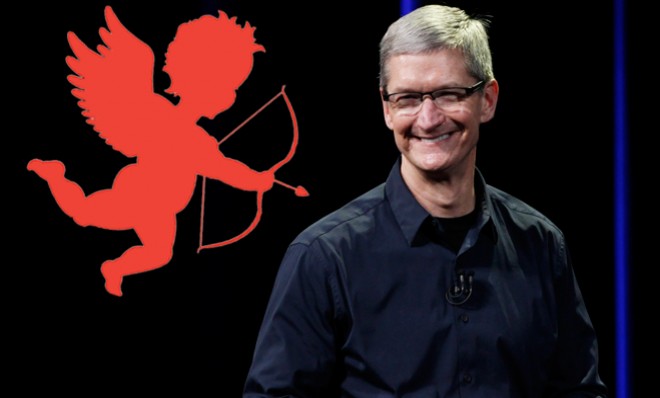
A free daily email with the biggest news stories of the day – and the best features from TheWeek.com
You are now subscribed
Your newsletter sign-up was successful
Oh, what's that? You don't own your own newspaper? That's probably because you aren't a billionaire. When Amazon CEO Jeff Bezos decided to scrounge around for some loose pocket change to buy The Washington Post, he may have inadvertently sparked an arms race for what we foresee being the must-have vintage accessory of the future: Your very own legacy paper, with actual words and stuff.
As a thought exercise, we've decided to play matchmaker between tech billionaires and the country's top newspapers. Here's our 100 percent infallible list of who should buy what:
Google's Sergey Brin (Net worth: $22.8 billion) buys The New York Times
The Week
Escape your echo chamber. Get the facts behind the news, plus analysis from multiple perspectives.

Sign up for The Week's Free Newsletters
From our morning news briefing to a weekly Good News Newsletter, get the best of The Week delivered directly to your inbox.
From our morning news briefing to a weekly Good News Newsletter, get the best of The Week delivered directly to your inbox.
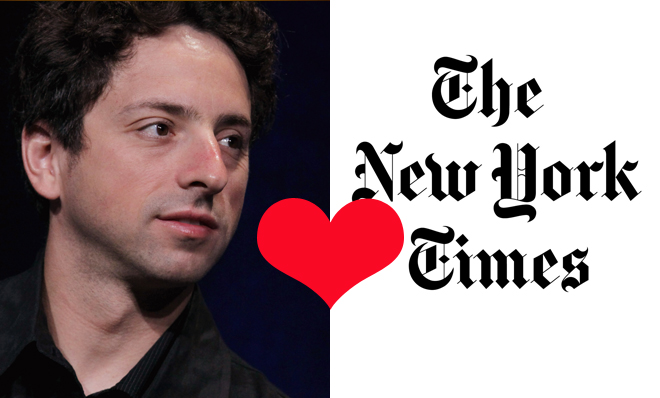
Pros: Sergey can pester resident Times futurist Nick Bilton about why Google Glass, like, totally rocks, bro; NYTimes.com gets a considerable boost in Google's Search rankings; Arianna Huffington locks herself in a dark office for a few days, plotting her vengeance.
Cons: New employees are forced to file stories from Chromebooks; Times videos come with mandatory 30-second YouTube ads you can't skip.
Apple's Tim Cook (Net worth: Unknown) buys The Wall Street Journal
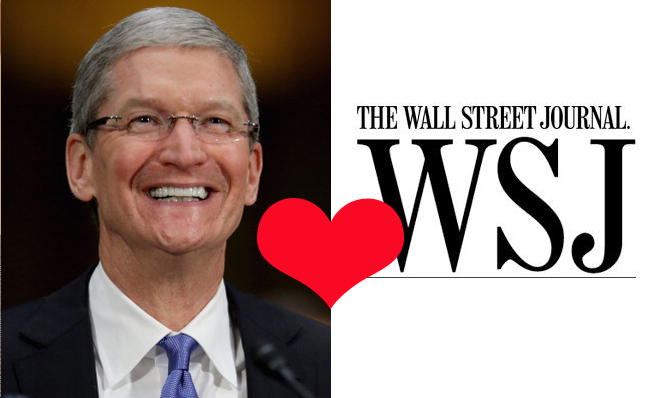
Pros: All of the Journal's reporters get MacBook Pros; Wall Street maybe hates Apple a little less.
A free daily email with the biggest news stories of the day – and the best features from TheWeek.com
Cons: The Journal's technology pages become 98 percent Apple rumors (as opposed to the current 83.5 percent); Wall Street will probably still hate Apple, anyway.
Facebook's Mark Zuckerberg ($13.3 billion) buys The Onion
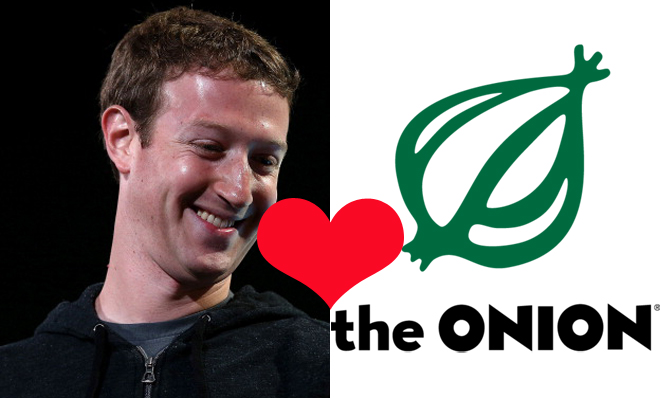
Pros: The Onion gets its print edition back; the paper's editorial staff gets relocated to Menlo Park, where the weather is awesome.
Cons: All Onion links in your News Feed will come with blinking, bold disclaimers; this ceases to exist; Zuck, with renewed confidence, decides to give this "comedy" thing a try and makes another awkward cameo on SNL.
Bill Gates ($67 billion) buys the Guardian
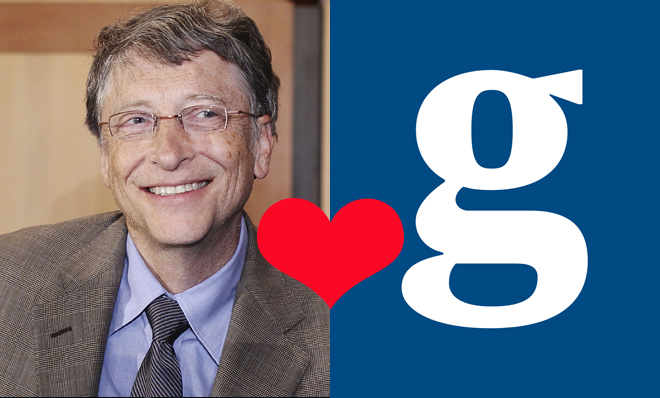
Pros: Great new toilets.
Cons: Things get a little awkward when the former Microsoft chief has to wait for NSA reporter Glenn Greenwald to finish using the Keurig machine; the Daily Mail still gets a bajillion more pageviews.
Twitter's Jack Dorsey ($1.1 billion) buys The Village Voice
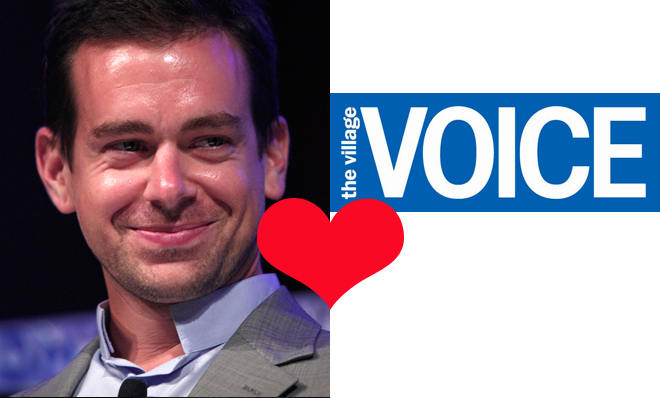
Pros: Dorsey's hipster cred shoots up 300 percent; the Village Voice gets a staff again.
Cons: All author bios are replaced with Vine selfies.
PayPal's Peter Thiel ($1.6 billion) buys Reason
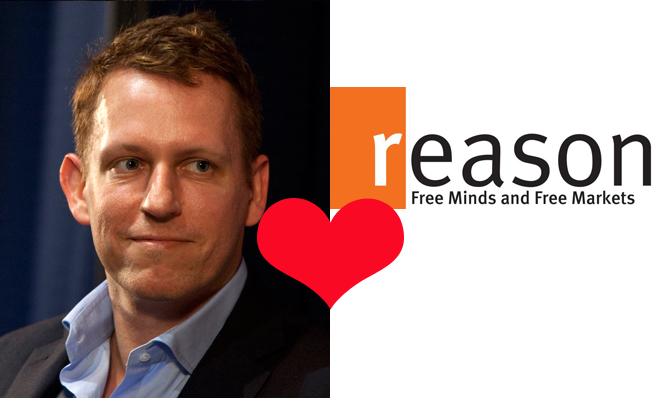
Pros: Thiel moves Reason to a private island of entrepreneurs and replaces the staff with kids who never went to college.
Cons: The staff finds out that Thiel only bought Reason because The Economist turned him down.
Photo credits: Justin Sullivan/Getty Images; Chip Somodevilla/Getty Images; Justin Sullivan/Getty Image); Stefan Postles/Getty Images; Bill Pugliano/Getty Images; Tim Wagner/ZUMA Press/Corbis